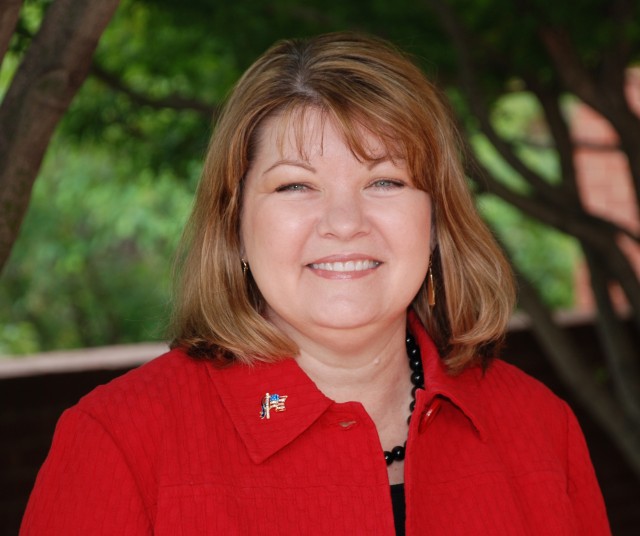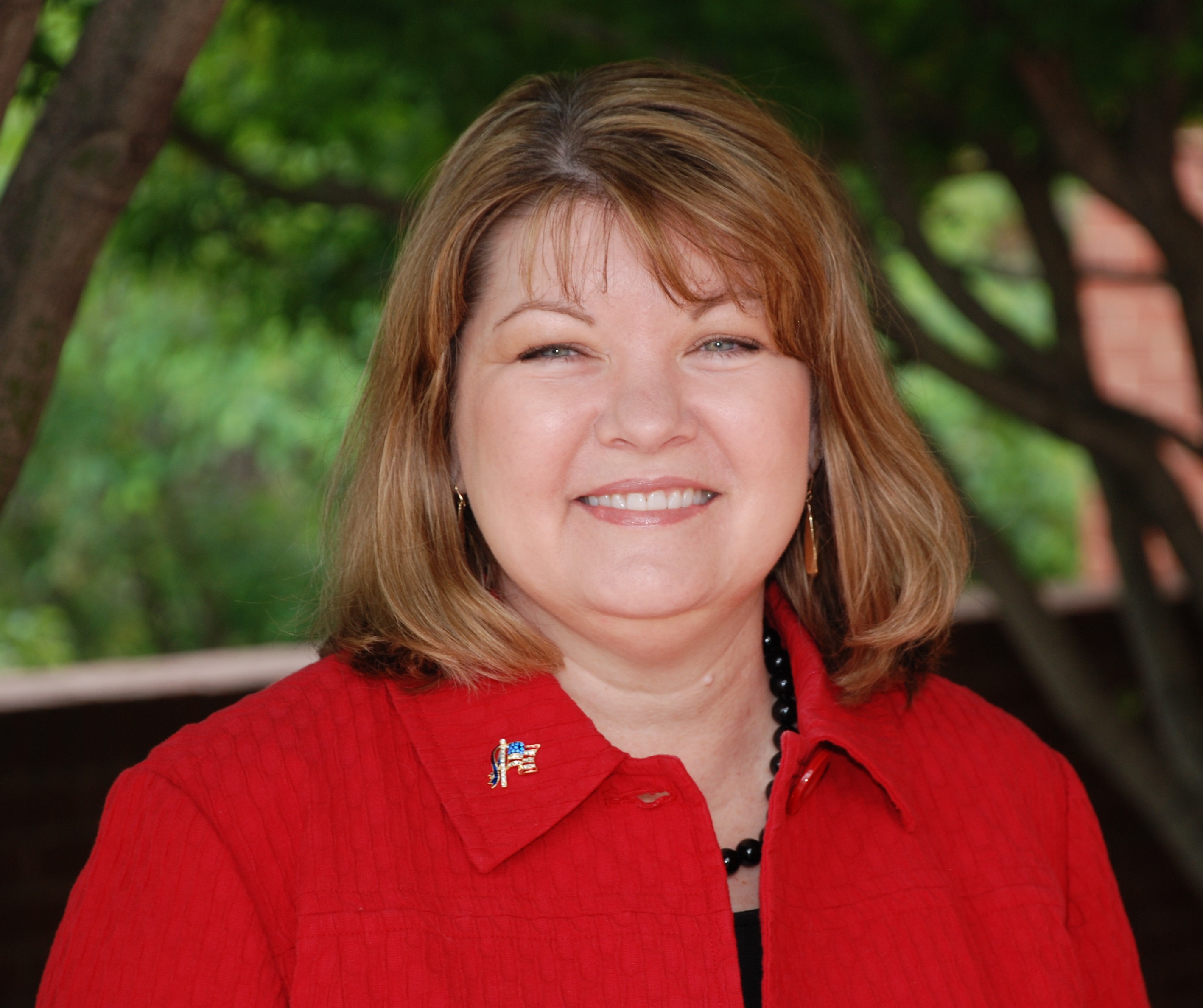WASHINGTON, Oct. 6, 2010 - Laura Stultz is the wife of Army Lt. Gen. Jack C. Stultz, chief of the Army Reserve. In this blog, Mrs. Stultz writes about starting the Army Strong Community Centers as 'virtual installations' to help military families who don't live near bases.
No one has done more to preserve our liberty and our way of life than the men and women in our military and their families, but it has demanded more of them in the last nine years than at any other time in our nation's history.
As an Army Reserve spouse for more than 35 years, I experienced the challenges of Jack's deployments beginning with Operations Desert Shield/Desert Storm some 20 years ago. Since then, he has deployed to Bosnia in 1997 and to Kuwait and Iraq from 2002 to 2004.
During his deployment to Desert Storm, our four young children were with me, but I often felt quite alone. Letters from Saudi Arabia were few and phone calls even fewer. When he deployed in 2002, technology was vastly improved, and I printed every e-mail Jack sent me. But even with better communication, feeling out of the loop was my biggest problem, a problem thousands of Army Reserve families - who often live hours from an Army post and who may not know what resources or services are available to them - continue to face today.
When Jack became Army Reserve chief, I told him that, if the Army Reserve was to remain operational, he would have to figure out how to sustain our families with a "Virtual Installation" in every community in America. He agreed, and we went to work.
While we worked to improve delivery of services with technology, primarily the Internet, we learned that these tools aren't the answer in every situation or for every family. In survey after survey, and when we met with families, they told us technology is part of the answer, but that they need a human touch.
Whenever possible, family members said, they prefer one-on-one, confidential and personally targeted services. They want a live person to serve as a resource for the family, preferably a local one for easier access.
Each of our Army Strong Community Centers gives our families what they asked for. Since we opened pilots in Rochester, N.Y., in 2008 and in Brevard, N.C., earlier this year, thousands have come for the face-to-face contacts and tailored support. The most recent center in Coraopolis, Pa., opened last month.
Just as we predicted, the centers are helping to fill a gap for the many active-duty families who leave their installations for their hometowns during their loved one's deployment.
Our centers have provided military members, retirees and veterans of all branches and components and their family members with information, resources and referrals. The centers have helped the Army provide better support for Gold Star families -- those who have lost loved ones in combat - and wounded warriors who have returned home.
Our centers also give communities a place to show their support for our Warrior Citizens and for businesses to share information about special services and even employment opportunities.
Although we may face resource challenges along the way, we know how incredibly important this program is for our soldiers and their families. The plan for the future is to open additional centers in a variety of locations and venues so we can learn what best serves our military members and families.
I vividly remember those feelings of isolation during Jack's deployments, and I will continue to work, along with many incredibly dedicated and talented people, to give today's military families something we never had in the past.
I am honored to be a part of the effort.
To comment on this blog, please visit the Family Matters blog.


Social Sharing